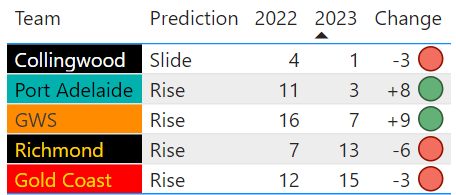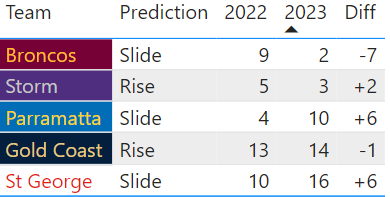Panic Buying - Black Markets, Luxury Pasta and Toilet Paper
Panic Buying or Preparedness?
Panic buying during a crisis is nothing new. And today, amid the global crisis of the COVID-19, the phenomenon is happening around the world. This irrational behavior began in Wuhan, China, the virus epicenter, before it spread throughout the entire Asia-Pacific region and across oceans to the US, Europe, and Australia.
The fear of the worsening coronavirus outbreak triggered most people all over the world to stock up on supplies. New data from Kantar shows extra demand in supermarkets, with people engaging in stockpiling.
The average spend per supermarket increased by 16% on March 17 compared to the past months. But is it just people’s way of preparing? Or are they panicking?
The article Coronavirus: The Psychology of Panic Buying by Bryan Lufkin discusses how people responded to the novel coronavirus outbreak by breaking out their credit and debit cards.
Prepared Vs. Panicked
According to a Kantar analysis of over 100,000 UK consumers, only a very minute number of people are engaging in what some might deem as hoarding or stockpiling. They found only 6% of liquid soap buyers purchased extraordinary quantities, whilst only 3% of dry pasta buyers did the same.
The average spend increase mentioned above is actually attributable to most customers buying a few extra products than normal, and, considering the context - mandatory social distancing, only shopping for essentials, and the entire brick and mortar retail sector having pretty much closed its doors, it’s pretty easy to see how extra purchases might be added to the weekly shop. Supermarkets are now taking 51% of total retail sales, an increase of 7 percentage points since mid-February.
Bringing the numbers to life
We found this data from Nielsen Scantrack comparing grocery purchasing multiples for the week ending 21st March 2020 compared to the same period in 2019.
Key Category Growth
Source:Nielsen Scantrack
Where have we seen panic buying before?
Hoarding has been a mainstay during crisis since the war years, including during WWII, when people stocked up on items they anticipated to be rationed.
John W. Jeffries, the author of the study, World War II and the American Home Front, estimates at least 20% of American businesses were given a warning about black markets, and 7% were charged for participating in illegal activity related to black markets. With this fact in mind, are the empty shelves we’ve seen in Australia partly the result of a few selfish price gougers ruining it for the rest of us?
Opportunistic behaviour - price gouging
In March 2020, an Air Force veteran admittedly bought 17,700 bottles of hand sanitisers, sourcing them from smaller stores with his brother, intending to resell them for higher markups.
In an exercise of simple economics, the brothers assumed that taking out the supply of sanitisers in the market as demand began to soar would allow them to leverage their artificially established monopoly to gouge prices and achieve massive profit margins. Of the 300 total containers purchased, the brothers sold them all in just a matter of days. Despite their early success, Amazon and eBay came down hard on price gougers, quoting the practice as a clear violation of policies, and even offering to work with state attorneys to prosecute bad actors. Thankfully, justice was served.
Despite this, hand sanitiser hasn’t been the only product that’s felt the brunt of hoard mentality, but who would’ve thought, of all things, toilet paper would be on top of people’s lists?
The curiosity of toilet paper hoarding
In Hong Kong, the panic buying of toilet paper started in mid-February. There’s even an armed gang who robbed a shop of 600 toilet paper rolls. And we’ve all seen it’s impact on Australian supermarkets, with some having to employ round-the-clock security guards to ensure people are purchasing within quantity limits.
But why toilet paper?
According to Dr. Dimitrios Tsivrikos, since toilet paper has a longer shelf life compared to other grocery items, as well as their prominent featuring in aisles, people are psychologically drawn to buy them in times of crisis. The bigger they are, the more important we think they are.
Funnily enough though, as we’ve all been constantly reminded, there are no supply issues, so if everyone bought just what they needed, we could find ourselves out of such a stinker of a situation. Or maybe supermarkets and toilet paper manufacturers need to be more specific about how much toilet paper the average person or family needs on a weekly basis, but we personally hope it doesn’t have to come to that.
Wherever you are during this crisis, we hope you are safe and well. These are challenging times and the team at White Box hope we’ve provided you with some interesting discussion points to brighten the mood of your day! We’re always here to help, so any business, data or related questions, please feel free to get in contact.
For more fascinating visualisations and data stories, click here.
To keep up with all things data and White Box, follow us on our LinkedIn page.












